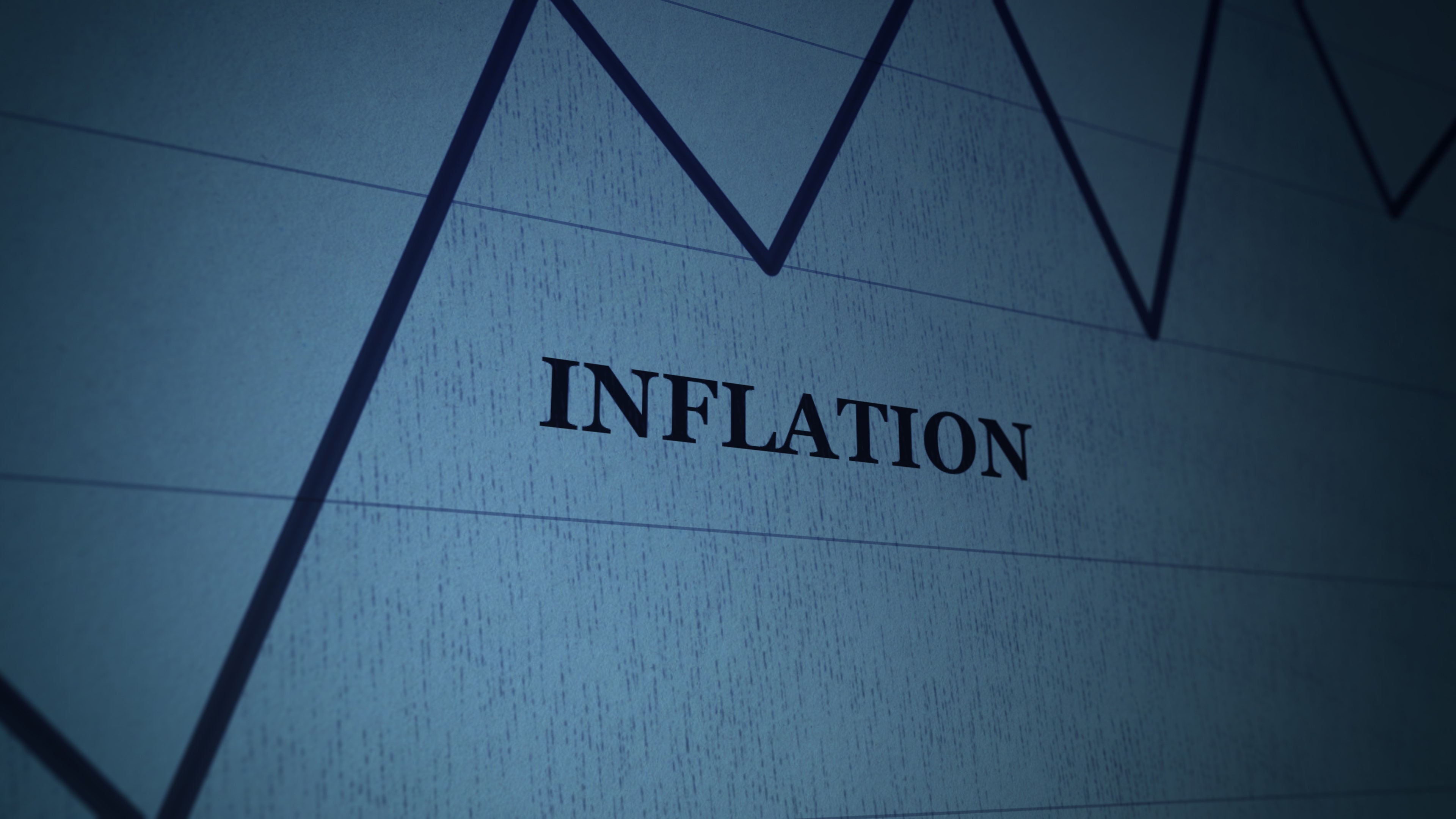Why did Friedrich Hayek call expansionary spending dangerous? He felt it could lower the money supply and cause deflation. He felt it could lead to inflation and poor decisions by consumers. He felt it could lead to deflation and poor decisions by consumers. He felt it could lower available credit and cause a drop in prices.
Causes of the Great Depression – Wikipedia
I f any twentieth-century economist was a Renaissance man, it was Friedrich Hayek. He made fundamental contributions in political theory, psychology, and economics. In a field where the relevance of ideas often is eclipsed by expansions on an initial theory, many of his contributions are so remarkable that people still read them over forty years after they were written.

Source Image: fastercapital.com
Download Image
Sep 3, 2021Guerrieri et al. argue, with a formal model to back them up, that the optimal response to a reallocation shock is indeed a very expansionary monetary policy that causes a temporary spike in inflation.

Source Image: simple.wikipedia.org
Download Image
Friedrich Hayek – FasterCapital Jul 14, 2023Here are some of Hayek’s key contributions: The Price System and Market Coordination: Hayek emphasized the role of the price system as a crucial information mechanism for coordinating economic activities in a decentralized manner. He argued that market prices convey knowledge about scarce resources and reflect the dispersed information held by

Source Image: deeshaa.org
Download Image
Why Did Friedrich Hayek Call Expansionary Spending Dangerous
Jul 14, 2023Here are some of Hayek’s key contributions: The Price System and Market Coordination: Hayek emphasized the role of the price system as a crucial information mechanism for coordinating economic activities in a decentralized manner. He argued that market prices convey knowledge about scarce resources and reflect the dispersed information held by An first fulllength assessment of the contributions to economics of Friedrich Hayek (Nobel Prize 1974). Hayek is unique, he argues, for a number of reasons: because of his emphasis on the function of institution s in coordinating the various plans of individuals in the market; his attack on the expansionary policies of central banks which discoordinate the patterns of business investment and
In Celebration of Friedrich August von Hayek – Atanu Dey : Life is a Random Draw
In the 1920s, the U.S. Federal Reserve had set as one of its policy targets the “stabilization” of the general price level; that is, neither price inflation nor price deflation, under the presumption that such a policy goal would help prevent the booms and busts of the business cycle. Hayek argued that the policy of price-level Friedrich Hayek – FasterCapital

Source Image: fastercapital.com
Download Image
Who Was Friedrich Hayek? What Was His Economic Theory? In the 1920s, the U.S. Federal Reserve had set as one of its policy targets the “stabilization” of the general price level; that is, neither price inflation nor price deflation, under the presumption that such a policy goal would help prevent the booms and busts of the business cycle. Hayek argued that the policy of price-level
:max_bytes(150000):strip_icc()/friedrich-hayek.asp-ADD-v1-10476cbbf9874e038898e2a339501f01.jpg)
Source Image: investopedia.com
Download Image
Causes of the Great Depression – Wikipedia Why did Friedrich Hayek call expansionary spending dangerous? He felt it could lower the money supply and cause deflation. He felt it could lead to inflation and poor decisions by consumers. He felt it could lead to deflation and poor decisions by consumers. He felt it could lower available credit and cause a drop in prices.

Source Image: en.wikipedia.org
Download Image
Friedrich Hayek – FasterCapital Sep 3, 2021Guerrieri et al. argue, with a formal model to back them up, that the optimal response to a reallocation shock is indeed a very expansionary monetary policy that causes a temporary spike in inflation.

Source Image: fastercapital.com
Download Image
Stagflation: What Is It, Definition, And Causes | Seeking Alpha Followers of the Austrian economist Friedrich Hayek would say exactly the opposite. In their view, it happened because the markets weren’t free enough.

Source Image: seekingalpha.com
Download Image
Friedrich Hayek – FasterCapital Jul 14, 2023Here are some of Hayek’s key contributions: The Price System and Market Coordination: Hayek emphasized the role of the price system as a crucial information mechanism for coordinating economic activities in a decentralized manner. He argued that market prices convey knowledge about scarce resources and reflect the dispersed information held by

Source Image: fastercapital.com
Download Image
John Maynard Keynes – Wikipedia An first fulllength assessment of the contributions to economics of Friedrich Hayek (Nobel Prize 1974). Hayek is unique, he argues, for a number of reasons: because of his emphasis on the function of institution s in coordinating the various plans of individuals in the market; his attack on the expansionary policies of central banks which discoordinate the patterns of business investment and

Source Image: en.wikipedia.org
Download Image
Who Was Friedrich Hayek? What Was His Economic Theory?
John Maynard Keynes – Wikipedia I f any twentieth-century economist was a Renaissance man, it was Friedrich Hayek. He made fundamental contributions in political theory, psychology, and economics. In a field where the relevance of ideas often is eclipsed by expansions on an initial theory, many of his contributions are so remarkable that people still read them over forty years after they were written.
Friedrich Hayek – FasterCapital Friedrich Hayek – FasterCapital Followers of the Austrian economist Friedrich Hayek would say exactly the opposite. In their view, it happened because the markets weren’t free enough.